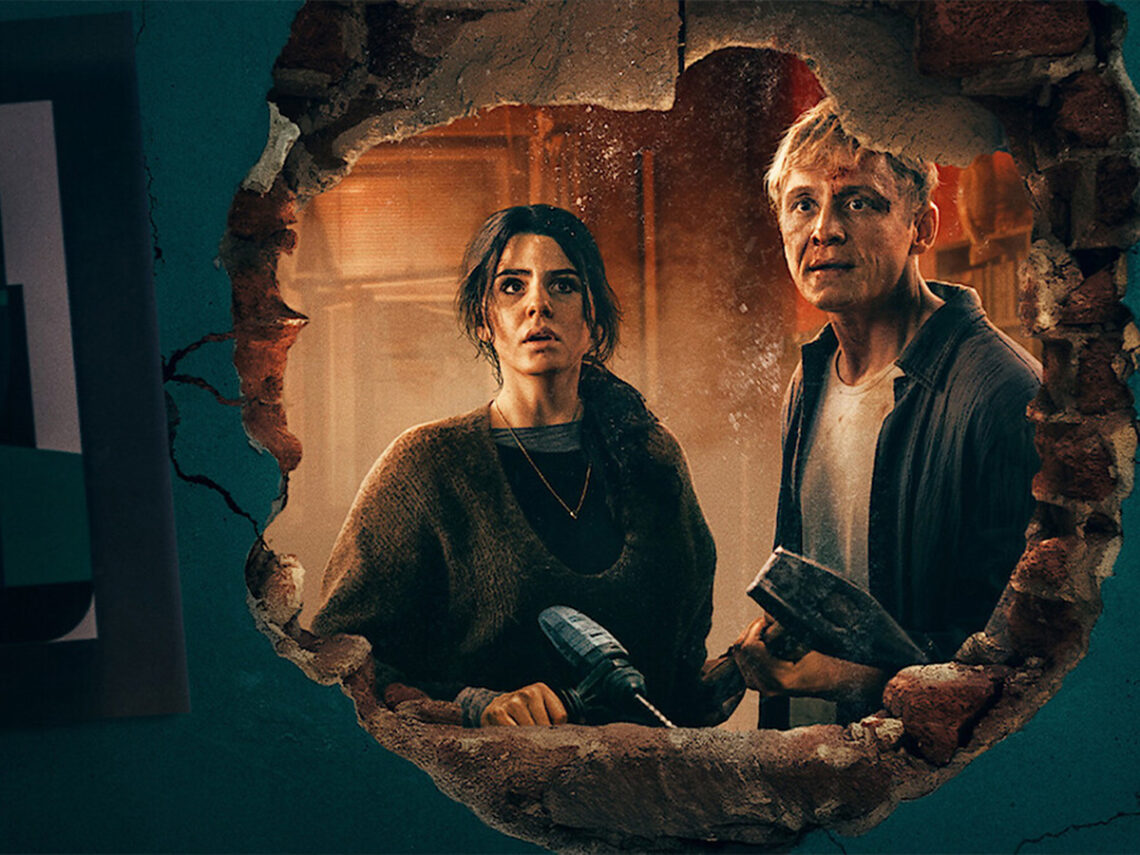
The Netflix thriller that everyone is watching, but few are loving
Netflix has a habit of surprising everyone with the oddest hits. Not always with the big-budget action films or buzzy new series, but sometimes the quiet, low-promotion titles that somehow shoot straight into the global most popular chart.
Last week, one such title climbed the charts in over 30 countries: a German thriller called Brick. No major marketing, no huge stars, and yet, it was suddenly everywhere. Viewers were talking, rankings were rising and curiosity took over.
At first glance, Brick looks like your typical high-concept psychological thriller. A man wakes up in his apartment to find the walls closing in, literally shrinking. The furniture disappears, and the doors vanish. Space becomes tighter, colder, and more suffocating. What starts as slightly odd quickly turns into a surreal nightmare come to life. It is the kind of premise that practically begs you to press play.
And clearly, people did, as it became one of the most-watched non-English Netflix films of the week. It hit the Top 10 globally and made waves across Europe, South America, and parts of Asia. A thriller that barely made a sound during release suddenly had everyone watching. But as more people finished the film, a strange thing happened. The buzz turned into confusion, and the enthusiasm shifted into frustration as the reviews started rolling in, and they were not glowing.
Here is the thing. While Brick grabs your attention instantly, it does not quite know what to do with it. The film builds tension well enough. You feel the anxiety. You feel the metaphor crawling toward you. But there is no real payoff, emotional weight or deeper meaning that ties it all together. It tries to say something about isolation, control, maybe even bureaucracy, but it never commits to any one idea. The film keeps everything at a distance, including the viewer.
The main character, who spends the entire film alone, barely speaks. We do not know much about him. We are not sure if this is science fiction, psychological horror, or just an elaborate thought experiment. And while some ambiguity is fine, even welcome here, it feels like the film is hiding behind its own concept. It gives you mystery but not insight. It looks good and sounds clever, but never connects. Once it is over, you are left with nothing but questions, and not in a good way.
However, Brick is not a disaster. It is visually intriguing with moments of genuine unease. It is also refreshingly short, which helps it maintain at least some momentum. And there is an audience for this kind of minimalist, metaphor-heavy, experimental film. If that is your thing, you might enjoy the strangeness of it all. But for most casual viewers expecting a gripping thriller or a satisfying twist, Brick will likely feel like a stylish exercise in…not much.
The most surprising part is how many people still watched it. Maybe it is the Netflix algorithm doing its magic, or people just love a locked-room mystery. But whatever the reason, this German film had its moment. It made people curious. It got them to press play. And maybe that is all it wanted. However, it is the kind of movie that makes you check the time more than the plot, so while everyone is watching it, not many are loving it.